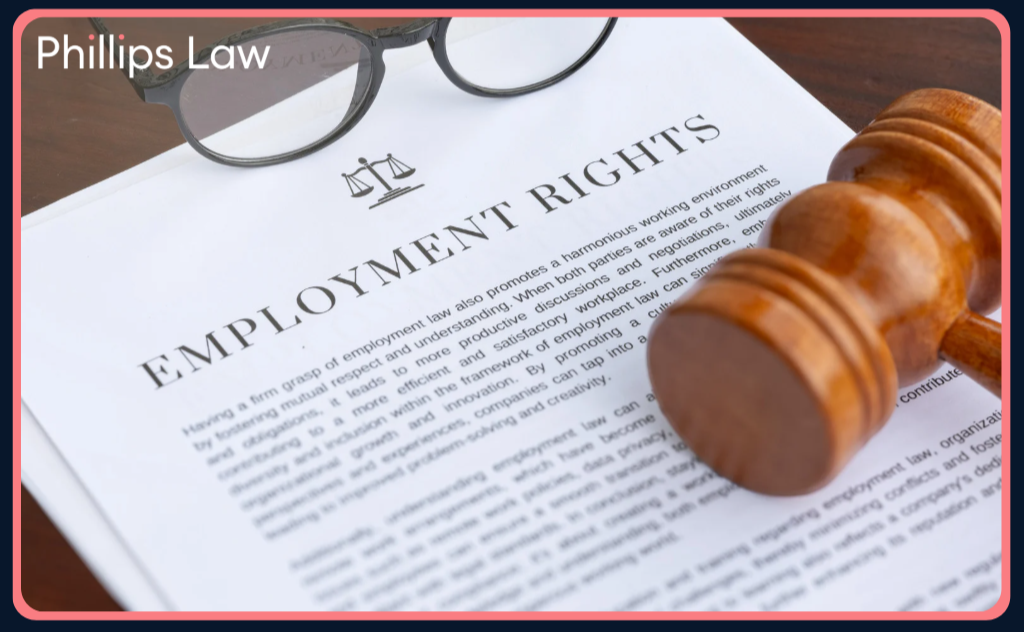
In situations where the (Transfer of Undertakings, Protection of Employment) Regulations (TUPE) apply, an employee’s role will in certain circumstances be transferred to a different employer as a matter of law, not a choice. This often leaves employers unsure about their obligations and consultation requirements and from the perspective of affected employees, this can leave them concerned and confused about what this means for them and their future.
Our Employment Solicitors and Barristers can assist by looking at the scenario and ascertaining whether TUPE applies, advise on the process involved to comply with the legislation and offer guidance and assistance to ensure getting it right.
We have a team of experts skilled in guiding both employers and employees through TUPE related issues. If your organisation is involved in a transfer of ownership, outsourcing of work, change in contract provider or sale or purchase of assets, then we will deliver practical bespoke advice that will ensure all relevant requirements of the TUPE regulations are met and potentially costly claims are avoided.
If you are concerned about your position or employment status as an employee, please call our team for further information.
Get in contact today
Our highly experienced solicitors will provide expert advice and assist you. So that we can deal with your enquiry as quickly as possible, please fill out the form below or email us at [email protected].
Alternatively, you can call us for an initial discussion on 01256 854626.
The purpose of TUPE is to protect employees when their role within a company moves to another business due to the transfer of an undertaking or a part of an undertaking. This could be a transfer by sale of part of the company, outsourcing of work, asset sale or change in contract provider. Where TUPE applies, any employee will automatically transfer from the old employer to the new employer as a matter of law and not a choice. There are strict consultation rules surrounding a TUPE transfer and dismissals arising out of or connected with a TUPE transfer may be automatically unfair.
The buyer and seller have various information and consultation obligations to each other and to the affected employees and there can be significant costs and liabilities involved if these are not complied with.
It is also commonplace for protection for TUPE liabilities to be the subject of negotiation in sales documentation.
TUPE aims to protect employee rights by ensuring that the existing employer’s responsibilities and liabilities are carried across to the new employer on the same terms and conditions of employment and with no break in their continuity of employment.
This is a complex area of law and one that needs to be carefully complied with to avoid claims.
Our Employment Solicitors and Barristers are on hand to help employers comply with the regulations and procedures involved in TUPE for both businesses involved in the transfer, including:
- Deciding whether TUPE applies
- Consultation requirements
- Information requirements
- Trade union or collective consultation requirements
- The obligation to appoint employee representatives
- Consultation with employee representatives
- Individual consultation
- Complying with obligations to provide employee information
- Considering and managing the arrangements for transfer
- Considering whether there will be any job losses and managing the same
- Identifying and helping to remove risks through adequate consultation and due diligence
- Considering any required equalisation of terms and how these will be managed and when
- Managing employee relations
- Understanding workforce issues from the outset
What does TUPE mean for employees?
As an employee, it is understandable that you may be confused and concerned about your position if your role is transferring to another business. You will wish to know if TUPE applies and what it means for you if it does or does not apply. If TUPE applies to your role, then:
- You should be included in a consultation process and be told how you and your role will be affected;
- If you transfer as a matter of law, you will transfer on your existing contract terms. Only your pension provisions may be different
- Your continuity of employment is maintained
- You maintain your rights to bring a claim against your original employer (as well as the new one) for redundancy pay, unfair dismissal, discrimination and bonuses etc
If you believe that your employer has failed to comply with TUPE, we recommend that you get in touch with our Employment Solicitors and Barristers as soon as possible, so that we can give you the appropriate advice.
Our Fees
Where possible we will offer a fixed fee, so you will know what the costs are from the start. For more complex or uncertain projects, we will provide you with an estimate of the likely fees involved and keep you updated throughout the matter.
How to get in contact
Our Employment Law Solicitors are on hand to provide expert advice and assist you wherever you are based. Please call us for a no-obligation, initial discussion on 01256 460830 or email [email protected].
Our offices are based in Basingstoke and we assist clients across the country.
Please call us or email and we’ll get back to you as soon as possible.

We aim to keep legal jargon to a minimum and guide you through the process in a manner that is easy to understand.
Our highly-skilled solicitors offer tailored, strategic solutions to even the most complex matters, ensuring you receive the guidance and support you need.
We will be by your side throughout every stage of the process and will provide you with regular updates and advice along the way.
We communicate thoroughly with you from the outset to ensure that we fully understand your individual needs. This allows us to accurately quote for your matter leaving you without any unexpected surprises and fees further down the line.
We provide our clients with a concise and transparent breakdown of costs from the outset of the matter and throughout any subsequent stages. This enables you to build faith and trust in us early on to form a lasting relationship.


We are delighted to announce that Phillips Law is the regional sponsor of the Knight Frank Schools Triathlon, supporting both the Charterhouse and Marlborough events. The Schools Triath ...
More
What farming families and business owners need to know If you own a farm, land, or a family business, you will have undoubtedly heard that inheritance tax (IHT) rules are changing. Whil ...
More
We are about to see a great wave of Employment Law changes following the Employment Rights Act 2025 becoming law in December. We will use these updates to keep you abreast of the change ...
More
As we look back on a busy and notable January at Phillips Law, we wanted to share a round-up of recent milestones, insights, and community moments from across the firm. Phillips Law cel ...
More
A guide to share incentivisation for employers and an update on the new employment rights. We have created a morning of practical insight that focuses on how you can reward and retain y ...
More
We are proud to announce Victoria’s Promise as Phillips Law’s Charity of the Year for 2026. Victoria’s Promise is a local charity providing dedicated support to young women aged 25 to 5 ...
More